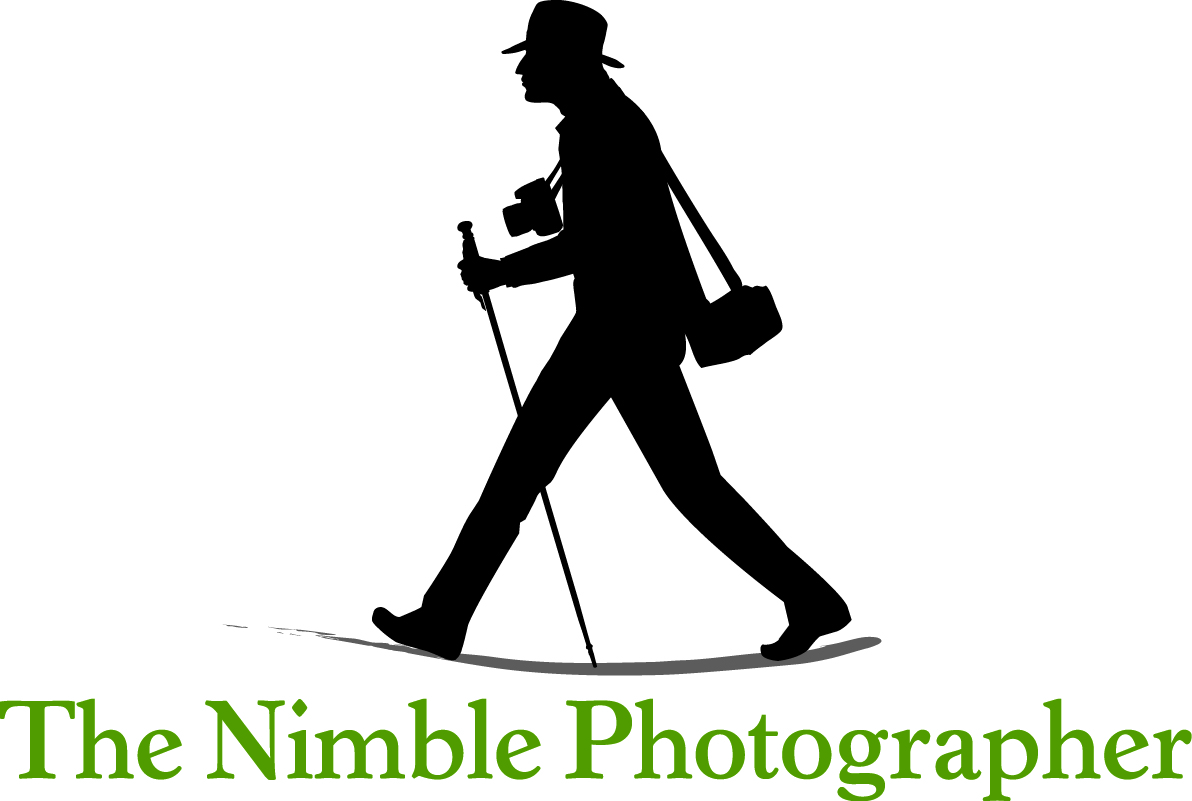The term transparency has become one of my least favorite in business and political discussions.
I like the idea of being transparent in one's day to day dealings, because it implies telling the truth. So if I tell you that I can't make it to your gallery reception tomorrow night because I have a deadline, then I want you to understand that that's the real reason.
The problem with transparency, in my view, is that people use the term hide their true motivations for the actions they want take. I can't tell you how many times I've been transparently lied to.
I bring this up because people ask me about how to become a successful writer, photographer, or artist. I tell them that success is a ladder with many rungs. And one of them is being sincere. Sincerity leads to trust.
People buy my books, attend TDS workshops, invest in new ideas such as the Nimble Classroom because they trust me. I tell them what the plan is, and if it fits with their goals, they pull out their credit cards.
If you think about this, it's an amazing relationship. A Nimble Classroom session can cost $99, a workshop up to $699, and Patreon support is $60 a year. Those amounts are paid from hard earned dollars. And every penny of it represents an ounce of faith.
I probably will never be the richest artist ever. That's not my goal. But I do want to be a voice that shows you a world you can believe in. And I do want to pay my bills.
I feel bad for those who don't share that view. Because they will never have what we will enjoy for the rest of our years. And that's the creativity that boundlessly flows from telling an honest story, whether it be through imagery, words, or dialog.
-Derrick
